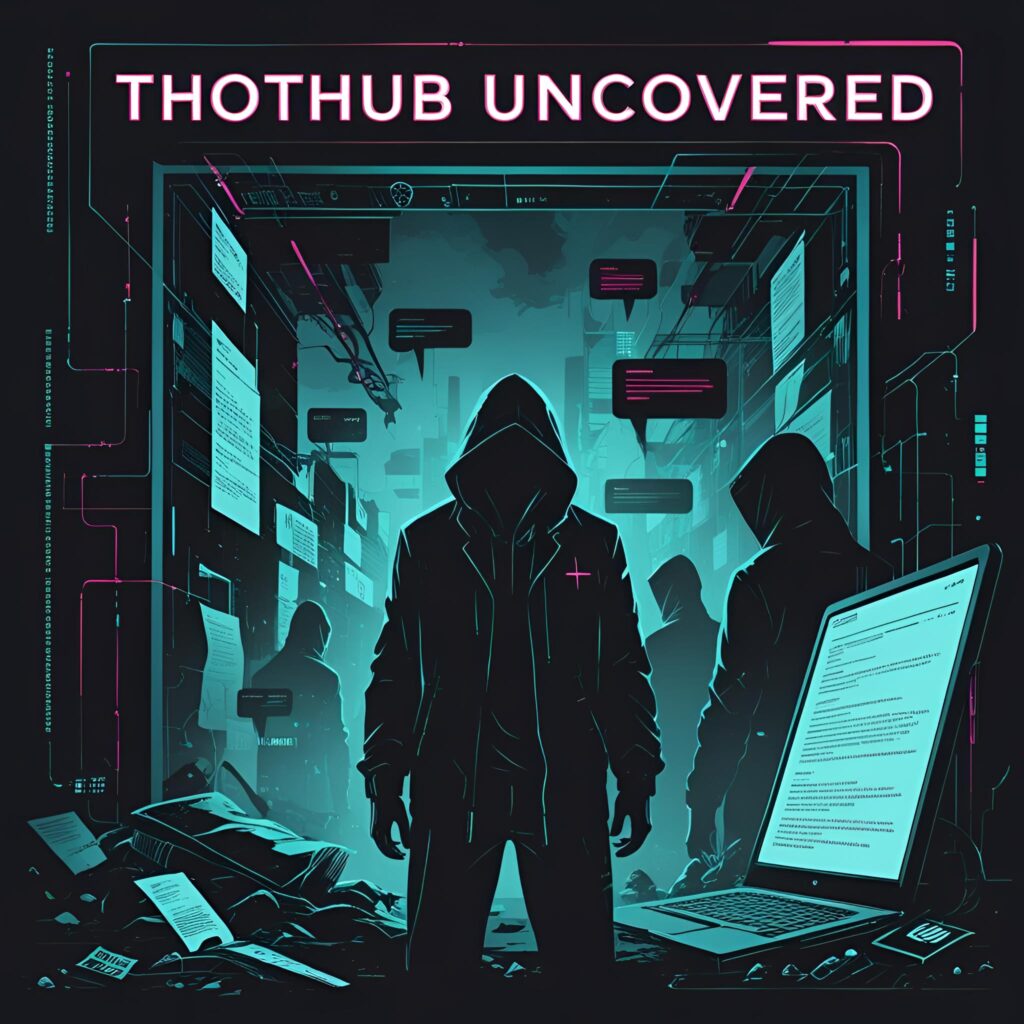In the digital age, where content flows freely and personal boundaries are often blurred, few platforms have stirred as much controversy as Thothub. Once a thriving online community known for sharing adult content, it quickly became a lightning rod for ethical, legal, and privacy-related debates.
What Was Thothub?
Thothub was a website infamous for hosting and distributing leaked adult content, often sourced from creators on subscription-based platforms like OnlyFans. At its peak, it had millions of users and boasted thousands of posts—ranging from consensual adult material to unauthorized and non-consensual leaks.
Despite claiming to operate within the boundaries of the law, the site walked a fine line. Much of its content was uploaded without the knowledge or consent of the individuals involved. This led to a massive outcry from content creators, privacy advocates, and legal experts.
How Did It Operate?
Thothub relied heavily on user-generated content. Members could create accounts, upload images or videos, and share links. In many cases, this included stolen or hacked content from private accounts. Its anonymous structure made it difficult to track the original source of leaks or hold anyone accountable.
The platform grew in popularity thanks to social media, online forums, and search engine visibility, often ranking high for keywords related to adult content. This digital visibility gave it massive reach, even as it crossed ethical lines.
The Fallout
In August 2020, following intense pressure from content creators and legal authorities, Thothub was officially shut down. A takedown request filed in the United States, paired with increased scrutiny on illegal content-sharing sites, led to its demise.
The shutdown marked a major victory for digital rights activists and content creators who had long demanded better protection for their intellectual property and personal privacy. However, as is common in the digital underground, mirror sites and copycats soon emerged, echoing the same unethical practices.
The Legal & Ethical Gray Zone
Thothub’s existence exposed a massive loophole in internet law. While copyright and revenge porn laws exist, enforcement across international borders remains challenging. Many creators found it almost impossible to have their content removed, especially when it was being hosted anonymously or on foreign servers.
The ethical issues are equally troubling. The normalization of sharing leaked content, especially in a public and monetized format, dehumanizes creators and violates consent. It also reflects a larger problem in online culture: the prioritization of profit and entertainment over personal dignity and privacy.
Lessons Learned
The Thothub saga serves as a cautionary tale. It reminds us of the dark side of online content sharing and the real-world consequences of digital exploitation. For platforms, it underscores the need for stronger moderation and better legal accountability. For creators, it highlights the ongoing battle for control over their own work and image.
The Future of Digital Consent
As subscription platforms like OnlyFans, Fansly, and Patreon continue to grow, the importance of digital consent and content ownership will only intensify. Stronger regulations, better reporting tools, and industry-wide standards are now more critical than ever.
Meanwhile, internet users must also play a role—by understanding the impact of what they consume and share. Behind every leaked photo or video is a person whose trust was violated.
Conclusion
Thothub may be gone, but the ethical and legal challenges it exposed are very much alive. As technology evolves, so must our approach to privacy, consent, and respect in the digital world. It’s not just about protecting content—it’s about protecting people.

